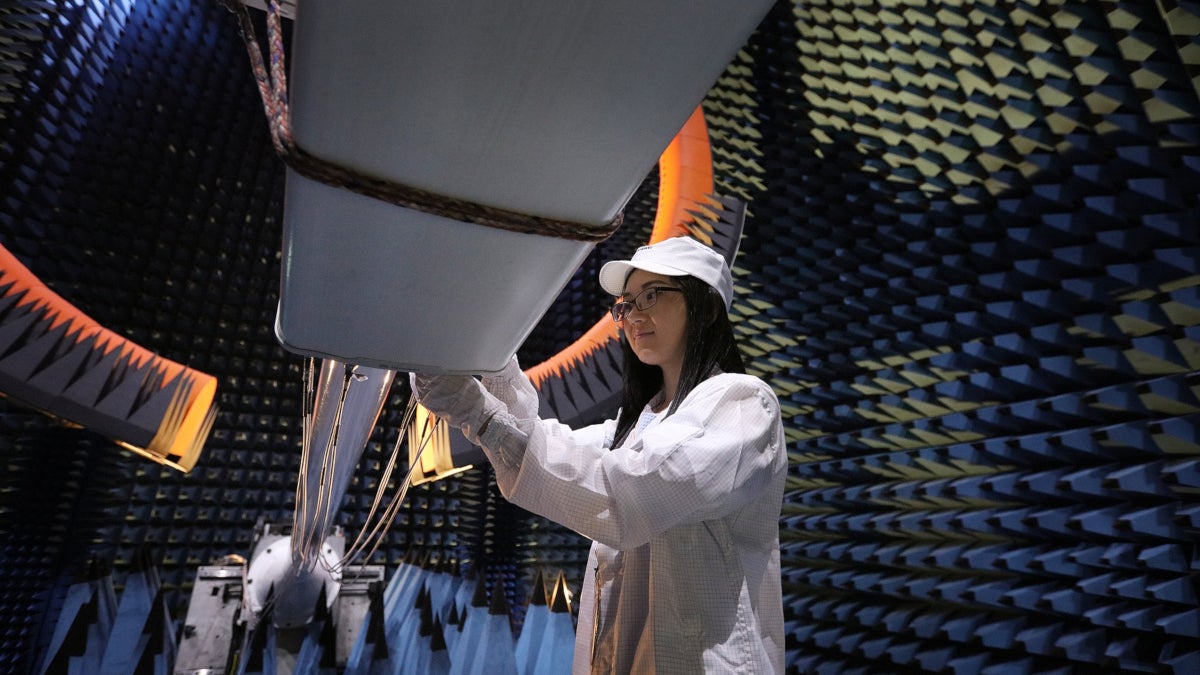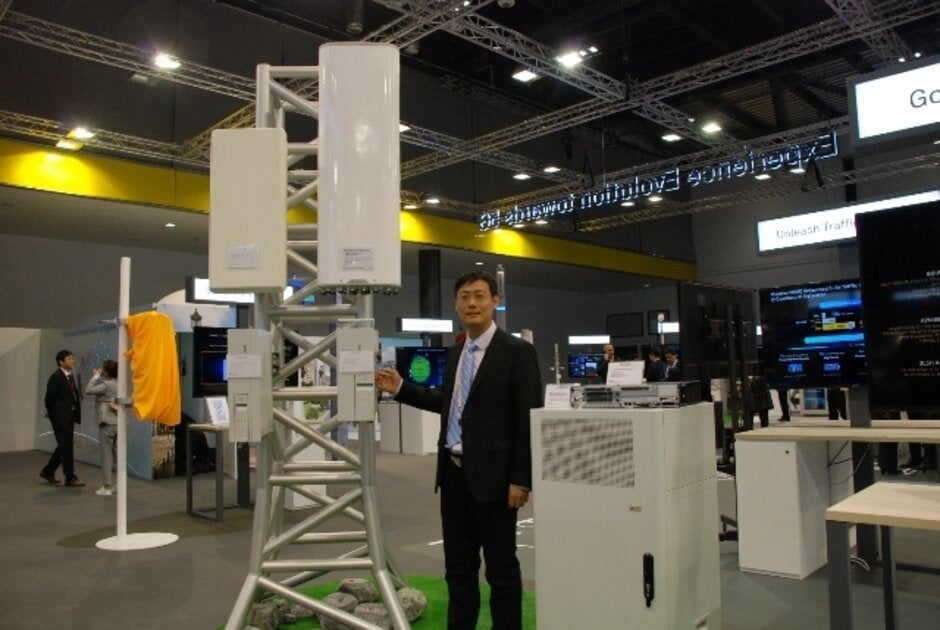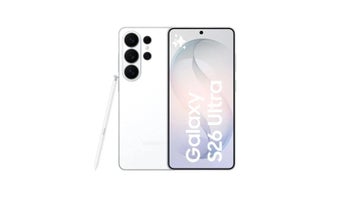U.S. lawmakers threaten Britain unless it reverses its stance on using Huawei 5G equipment

The U.S. has been pressuring allies not to allow Huawei's networking equipment to be used in their 5G networks. Concerned about the manufacturer's alleged ties to the communist Chinese government, the Trump administration is afraid that Huawei will use back doors placed in its gear to gather intelligence and send it to Beijing. Of course, Huawei has denied these allegations.
While some countries like Japan and Australia heeded the wishes of the U.S., others didn't. Germany allows Huawei equipment to be used in its 5G networks and in January Britain did so too. At the time, Prime Minister Boris Johnson shrugged his shoulders and asked what other alternatives did he have. Huawei is the global leader in networking equipment and is said to be up to 18 months ahead of its rivals like Nokia and Ericsson in terms of technology. In addition, the outfit's close ties with China's state-run bank allows it to offer generous financing terms to customers.
Plan proposed by GOP Senators threatens Britain with U.S. scrutiny unless it reverses its decision on Huawei
When Britain decided to allow Huawei to supply equipment for its 5G networks, it did say that its parts would not be allowed near "sensitive functions." Still, the U.S. said that it was disappointed with Britain's decision. A senior Trump official subsequently said that the administration was willing to work "with the U.K. on a way forward that results in the exclusion of untrusted vendor components from 5G networks."

The U.S. is trying to force Britain to reverse its decision on Huawei
Yesterday, Reuters reported that Republican senators Tom Cotton, Ted Cruz, Josh Hawley, and Marco Rubio have proposed new legislation in an attempt to force Britain to reverse its decision and ban Huawei equipment from the country's 5G networks. The law would require the Committee on Foreign Investment in the United States (CFIUS) to review whether Britain should continue to be on a list of countries whose foreign investments aren't scrutinized by the U.S. In other words, this would be a strong arm tactic that threatens to remove Britain from a whitelist that includes Australia and Canada. The U.S. looks the other way when it comes to foreign investments made by allies on the list. The British Embassy did not respond to comments about the proposed law.
Speaking of Huawei, Nokia and Ericsson testified yesterday in front of a Senate committee about how rural carriers can remove and replace gear made by Huawei and ZTE that is already embedded in their networks. In November, the FCC voted unanimously to prevent rural wireless providers from using the Universal Service Fund (USF) to purchase equipment from Huawei and ZTE. The latter is another equipment provider headquartered in China and is also considered a national security threat in the states. The $8.5 billion fund is managed by the FCC and is supposed to help rural Americans receive internet service.
The Trump administration is trying to get rural carriers to remove Huawei and ZTE equipment from their older 3G and 4G networks. The cost of removing this gear is prohibitive; as a result, last week Congress passed legislation directed at telecom firms with less than 2 million customers. Under the terms of this bill, the government would reimburse these firms for paying to remove networking equipment provided by suppliers considered to be national security threats.
Huawei responded by saying that the legislation is underfunded and could end up putting some of its customers at risk. These rural carriers are not happy about having to remove gear purchased from Huawei. Steven Barry, who runs the Competitive Carriers Association, said at yesterday's hearing that these smaller rural operators were being forced to "rebuild the airplane in mid-flight" by removing and replacing networking equipment.
The U.S. has also looked into ways that it can boost Nokia and Ericsson to make them more viable challengers to Huawei. One plan, floated by Attorney General William Barr, called for the U.S. to buy a controlling stake in both companies. That idea was shot down by Vice President Mike Pence. The U.S. government also considered using Treasury funds to help provide the companies with cheap money so that they could offer generous financing terms to customers as Huawei does. We've heard nothing further on this matter from the White House.
Follow us on Google News













Things that are NOT allowed:
To help keep our community safe and free from spam, we apply temporary limits to newly created accounts: